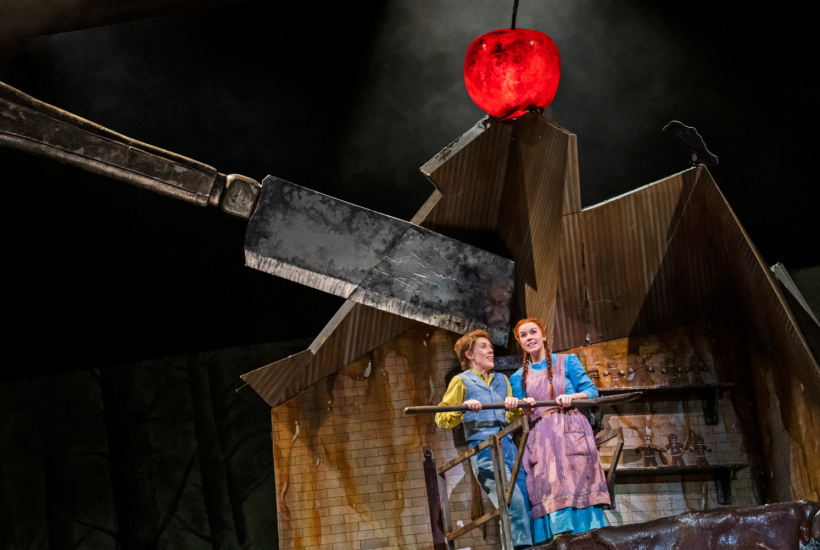Fun fact: Engelbert Humperdinck composed part of Wagner’s Parsifal. Shortly before the première, it was discovered that Wagner’s score didn’t allow time for a crucial scene change. The 27-year-old Humperdinck, then working as Wagner’s assistant, composed a few temporary bars to cover the gap and, rather to his own surprise, found that they met with the Master’s full approval: ‘Why not? It should work!’ It’s worth knowing partly because of the light it throws on the practical, collegial working methods of music’s favourite cartoon supervillain, and partly because it reaffirms the originality of Humperdinck’s own best-known opera, Hansel and Gretel....
Already a subscriber? Log in
Subscribe for just $2 a week
Try a month of The Spectator Australia absolutely free and without commitment. Not only that but – if you choose to continue – you’ll pay just $2 a week for your first year.
- Unlimited access to spectator.com.au and app
- The weekly edition on the Spectator Australia app
- Spectator podcasts and newsletters
- Full access to spectator.co.uk
Unlock this article
You might disagree with half of it, but you’ll enjoy reading all of it. Try your first month for free, then just $2 a week for the remainder of your first year.








Comments
Don't miss out
Join the conversation with other Spectator Australia readers. Subscribe to leave a comment.
SUBSCRIBEAlready a subscriber? Log in